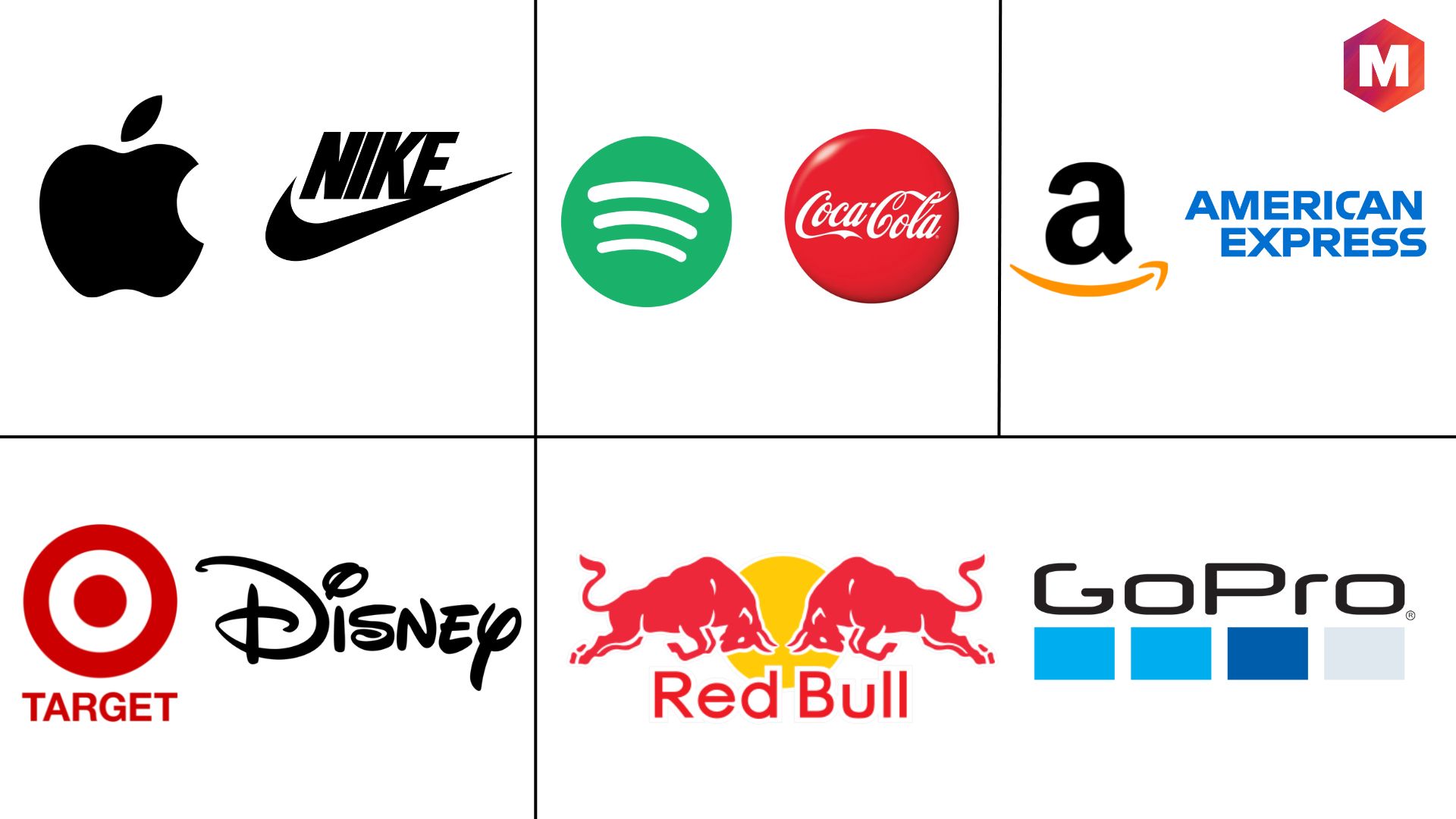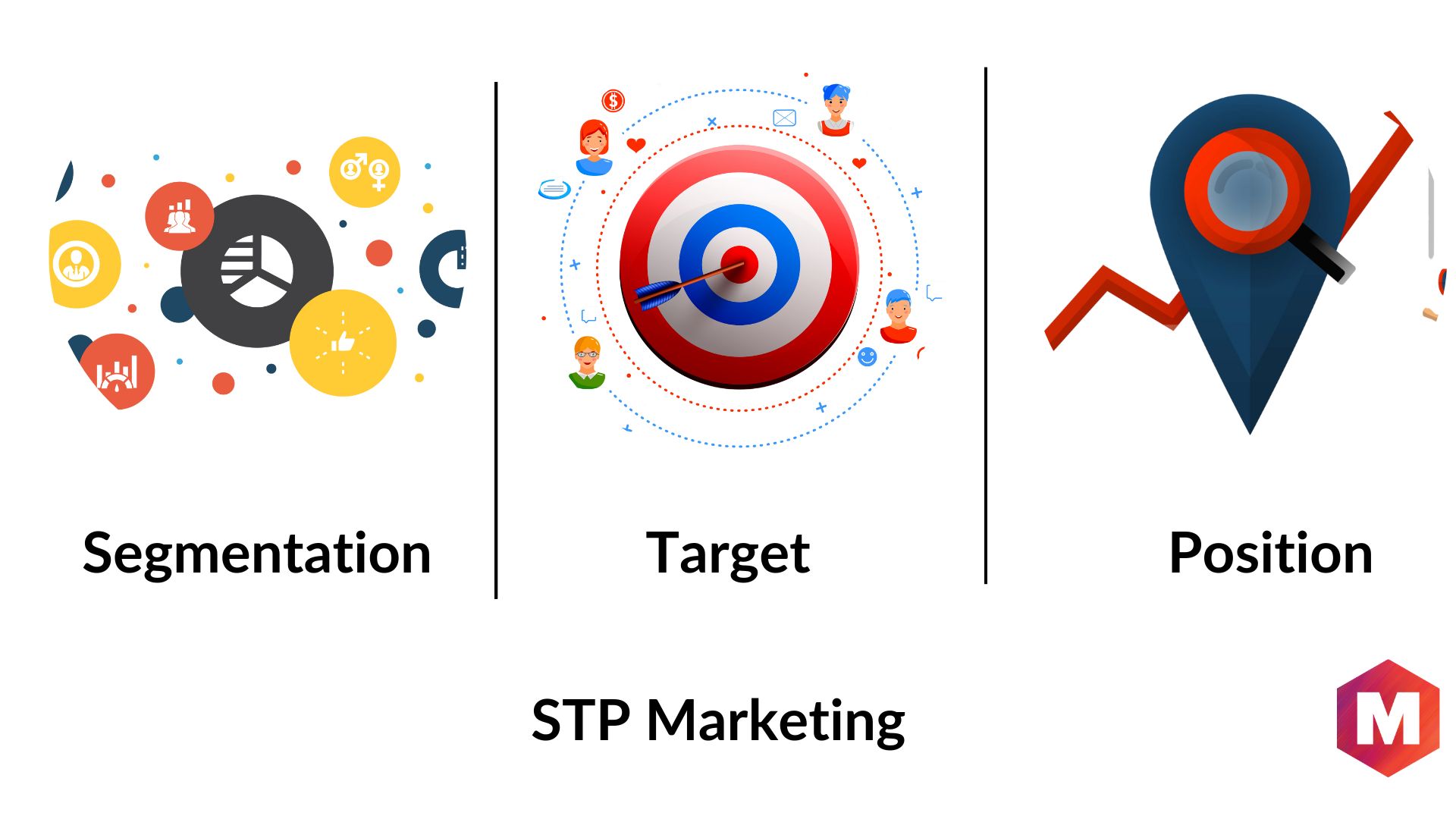What are Branded Keywords? Branded keywords are terms that include the branded name (or variation of the brand name) of a company, product, or service….
Brand Knowledge: Definition, Examples, Elements and Importance
What is Brand Knowledge? Brand knowledge is recognizing and understanding the features, benefits, and value of a brand’s products or services. Branding helps customers form…
What is Brand Licensing?
What is Brand Licensing? Brand licensing is the process of renting or leasing an intangible asset such as a brand name, logo, or other elements…
Brand Partnership: Definition, Types, Steps and Tips
What is a Brand Partnership? A brand partnership is a strategic collaboration between two or more companies that mutually benefit by leveraging each other’s strengths…
Warehousing: Definition, Types, Process and Functions
Warehousing is a crucial part of the supply chain process that provides a storage facility. Warehouses are used to store goods and materials, improve the…
Branding Questionnaire: 30 Questions to Build One
What is a Branding Questionnaire? A Branding Questionnaire is an invaluable tool for helping your business define and understand its brand. It asks questions that…
25 Essential Characteristics of an Entrepreneur
Who is an Entrepreneur? An entrepreneur is an individual who starts, organizes, and runs a business to make a profit. They take on financial risks…
Characteristics of Culture
Culture is an integral part of our lives and can be found in every corner of the world. Our own culture reflects our identity, values,…
16 Characteristics of Management
Management is an ongoing process that requires both tangible and intangible forces to help in achieving organizational goals. It involves the use of practical knowledge,…
Difference between Trade discount and Cash discount
What is a Trade Discount? A trade discount is a reduction in the price of a good or service that is offered to a reseller…
Characteristics of Business
Businesses are organizations that engage in economic activities to generate money through the sale of goods and services. Business is an important part of our…
27 Characteristics of Communication
Effective communication is the process of conveyance of a message, in which both the sender and receiver understand each other with clarity. Every occupation advantages…
Utility: Definition, Characteristics, Types & Features
The utility is a measure of how useful or desirable something is. It involves the ability to provide benefits and services that satisfy our wants…
23 Characteristics of Organization
Organizations are made up of various components, such as people and resources, which enable them to achieve their goals. In the broadest sense organization refers…
10 Characteristics of Information
Making the right decisions is essential to any organization. But when it comes to making those decisions, it’s always important that decision makers have access…
Characteristics of Business Communication
Business communication is a vital part of any successful organization. Characteristics such as effective and efficient communication, clarity and accuracy, consistency in the message being…
Characteristics of Planning
Planning is a continuous and permanent process that helps organizations achieve their goals efficiently and effectively. It’s a fundamental management function that forms the foundation…
Characteristics of Organizational Culture
What is Organizational Culture? Organizational culture is a set of beliefs, values, and norms shared within an organization. It defines the way employees interact with…
Top 10 Auto Insurance Companies in the World in 2025
Insurance companies are a blessing in disguise as they offer financial protection against damage or loss to both individuals and properties. We live in a…
18 Characteristics of Business Environment
The business environment has numerous characteristics that influence how companies operate and compete. Characteristics of the business environment revolve around economic conditions, political influences, technological…
Economic Theory of Entrepreneurship
The economic theory of entrepreneurship firmly states that the economy and entrepreneurial activity are intertwined, with entrepreneurs needing prosperous conditions to be able to thrive….
11 Theories of Profit
The theories of profit provide a framework for business owners and entrepreneurs to evaluate the potential of their venture. These theories center around a few…
Sociological Theory of Entrepreneurship
Sociologists have proposed a variety of theories to explain entrepreneurship and its impact on economic development. Sociological factors such as cultural values, ethical values, religious…
Psychological Theory of Entrepreneurship
The Psychological Theory of Entrepreneurship is a concept that seeks to explain the dynamics behind successful entrepreneurship and the entrepreneurial process. It focuses on understanding…
Perception in Marketing: Meaning, Stages and Examples
When building marketing campaigns and strategies, it’s essential to comprehend the idea of consumer perception. Understanding how people may interpret your message can go a…
What is Opportunity-Based Entrepreneurship?
Opportunity-based entrepreneurship is becoming increasingly important in today’s economy. It has been identified as a major factor in achieving economic and social development, while also…
STP Marketing: Segmentation, Targeting and Positioning
The STP Marketing Model can be utilized for assessing how you communicate the advantages and worth of your product to various segments and enhancing your…
What is a Hard Sell? Definition, Steps, Tactics & Examples
Hard Sell is a type of sales technique that is characterized by high-pressure selling tactics. This approach is often used when the goal is to…
10 Marketing Challenges and How to Overcome Them?
Every business deals with marketing challenges of some kind. A comprehensive marketing plan and careful analysis are needed to identify efficient strategies to connect consumers,…
Retail Industry: Overview, Trends, Activities and Challenges
The retail industry refers to all those businesses that engage in the sale of goods and services to customers. It includes various types of stores…
ATL, BTL and TTL Marketing
In the field of marketing and advertising, there are three main activities: Above the Line (ATL), Below the Line (BTL), and Through the Line (TTL)….
What Is Inventory Management? Benefits, Challenges and Tips
Inventory management is an important part of every business’s operations. It helps expand a business’s capacity for growth and profitability, as well as provides a…
What Is a Marketing Plan? Types and How to Write One
A marketing plan is an important document that outlines strategies, techniques, and goals to help a business remain competitive and flourish. A successful marketing strategy…
What is Advertising Jingle? 9 Best Jingles of All Time
Advertising jingles are short, catchy tunes that are used in commercials to help promote a product or service. They’re often designed to be memorable and…
A Guide to Job Characteristics Model by Hackman and Oldham
Organizations that want to experience greater efficiency and employee happiness can leverage the Job Characteristics Model (JCM) – a structure developed by organizational psychologists that…
Job Involvement: Definition and Importance in HR
Job Involvement is the psychological connection a person has with their job. Employees who have intense job involvement take pride in and are passionately invested…
Consumer Decision Making Process
The consumer decision-making process is a process that the customers follow while making their purchase decisions as per their needs. It refers to a consumer’s…
Job Production: Definition, Examples & Advantages
Job production is an ideal form of custom production used to produce a single customized product or small batches of individualized goods for each customer….
Job Promotions: Definition, Types and Objectives
When an employer believes in the aptitude of one of their employees, they may reward them with a job promotion – often accompanied by improved…
Intrinsic Rewards: Definition, Examples, Types & Advantages
Internal rewards come from within, giving us a unique and exclusive feeling of success. They are emotional fulfilments that arise as we gain accomplishments, advance…






































